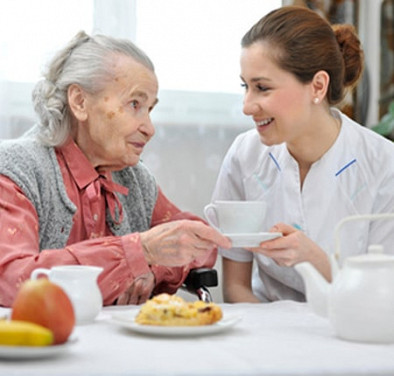The elderly often contend with various health conditions requiring a range of medications, but what if some of these prescribed drugs inadvertently worsen sleep apnoea symptoms? Understanding the potential impact of certain medications is crucial for holistic healthcare in the older population.
 1. Muscle relaxants:
1. Muscle relaxants:
Medications with muscle relaxant properties, commonly prescribed for conditions like pain or muscle spasms, can contribute to the relaxation of the upper airway muscles. This relaxation may exacerbate the risk of airway collapse during sleep, intensifying sleep apnoea symptoms.
2. Sedatives and tranquilisers:
Drugs designed to induce sedation or tranquillity, including certain benzodiazepines, can suppress the central nervous system. This suppression may lead to further relaxation of the airway muscles, potentially aggravating sleep apnoea symptoms in the elderly.
3. Opioids:
Opioid medications, often prescribed for pain management, can influence respiratory drive. In the elderly, these medications may contribute to respiratory depression, impacting the natural breathing rhythm during sleep and potentially worsening sleep apnoea.
4. Antidepressants:
Some antidepressants, particularly those that affect serotonin levels, can influence sleep patterns. In older individuals with sleep apnoea, certain antidepressants might disrupt sleep architecture, exacerbating the overall sleep apnoea experience.
5. Antipsychotics:
Medications used to manage psychiatric conditions, such as antipsychotics, can have sedative effects. These sedative properties may interfere with respiratory function during sleep, posing challenges for individuals already grappling with sleep apnoea.
6. Anti-hypertensives:
Certain blood pressure medications, particularly beta-blockers, can potentially contribute to respiratory issues during sleep. While the impact varies, it's crucial to monitor elderly individuals with sleep apnoea who are on antihypertensive medications.
7. Hormone replacement therapy:
For postmenopausal women, hormone replacement therapy (HRT) may be prescribed. Hormonal changes can influence sleep patterns, and in the context of sleep apnoea, HRT may introduce complexities that affect respiratory function during sleep.
8. Individual responses:
It's important to note that individual responses to medications vary. What exacerbates sleep apnoea symptoms in one person may not have the same effect in another. Regular communication between elderly patients and healthcare providers is crucial to monitor any changes in sleep patterns or worsening of sleep apnoea.
Balancing the benefits of necessary medications with potential risks for exacerbating sleep apnoea symptoms requires a nuanced approach. Healthcare providers must carefully evaluate the medication regimens of elderly individuals with sleep apnoea, considering potential side effects and adjusting prescriptions when necessary. Open communication and ongoing monitoring are key elements in ensuring the overall well-being of older individuals managing both medications and sleep apnoea.
At Nursing Home Plus, we're dedicated to helping you find the perfect care home or facility tailored to your unique needs. Whether you're looking for a comfortable place for yourself or a loved one, our team is here to guide you every step of the way. Don't hesitate to reach out—call us today at 0230 608 0055 or fill out our online form to get started. Your peace of mind is just a call away!
